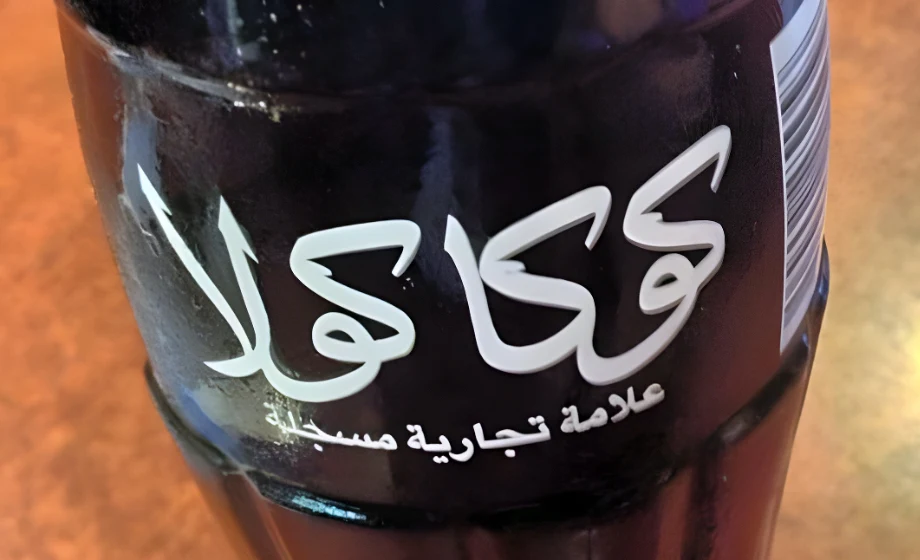It’s hard to overstate the economic boom taking place in Saudi Arabia. When most governments around the world are flat-broke, the Kingdom has hundreds of billions of dollars in cash reserves which it has committed to engineering-related projects over the next decade. Not surprisingly, more foreign companies than ever are in or trying to enter this lucrative market.
With opportunity, comes competition
But unless your firm provides some kind of niche product or service, chances are you’re competing against several others for the same contracts.
So the question then becomes: how do you make sure that potential Saudi clients understand your firm’s capabilities?
Obviously (and hopefully) your reputation precedes you. And if you’re Dupont or Halliburton, with decades of high-profile work abroad, you’ve got a global reputation, and it’s well-known in the Gulf what you can do. Most companies, however, are not Dupont or Halliburton.
What are the options for small and mid-size firms?
The most direct, short-term way to get your capabilities known, is to take seriously the translation of your marketing materials.
Many Western companies fail to do this, usually because they mistakenly overestimate the extent to which English is understood as a business language in the Gulf.
“Everybody speaks English so the translation isn’t that important” is a common refrain.
Maybe they had a conversation with a potential Saudi client and were blown away by their command of spoken English slang.
Then they handed them some flashy marketing material, probably printed at the local Staples back in the US or UK, describing the good work the firm is doing, in English, from the perspective of the marketing department back home.
Three months later, they’re scratching their head wondering why they haven’t heard back.
Perhaps the Saudis just weren’t interested. But what more often may have been the case is that the mistake was in misjudging the English language skills of their potential Saudi clients or partners.
Reading Comprehension vs Spoken Ability
Most senior-level Gulf officials who deal with foreign companies will be able to speak English reasonably well. If you are the CEO of a Fortune 500 company meeting with your Gulf counterpart, you likely won’t need an interpreter.
Where many multinationals err is in misjudging reading comprehension ability.
We’ve worked with and closely observed the English language skills of dozens of senior businessmen, government officials, and Princes in the Gulf. If most high-level decision-makers speak good English, only a minority have reading comprehension skills strong enough to digest complicated English-language technical, marketing, or legal material. And at the lower and mid-levels, the numbers are even less.
What’s the business takeaway for firms interested in the Gulf market?
- Don’t confuse spoken and reading comprehension skills because they are two very different skill sets and you can’t easily tell how well someone knows English. Only a minority of decision-makers in the Gulf can read (or feel comfortable trying to read) complicated technical and legal marketing material in English.
- By not taking the translation of your marketing materials seriously, you’re risking that the message you want to send will miss its mark. If you happen to be dealing with someone who can read technical documents in English with ease, you’re lucky. But the only surefire way to make sure your materials are understood is to spend the time to have them properly translated into Arabic.
- You will be “just another foreign firm” if you fail to make any effort to tell potential clients what you can do in their language, not yours.
Which firm do you want to be in?
The one that sends English marketing pamphlets stating that they provide “innovative solutions” — like most foreign firms? Or the one that sends a 3-page document, describing, in Saudi or Qatari Arabic, specific projects of how you’ve innovated in the past?
If you’re ready to begin or discuss a translation project, just press the button below for your free translation quote. We strive to get a personalized project quote back within 30 minutes during normal business hours (Monday – Friday 8-6 EST).


